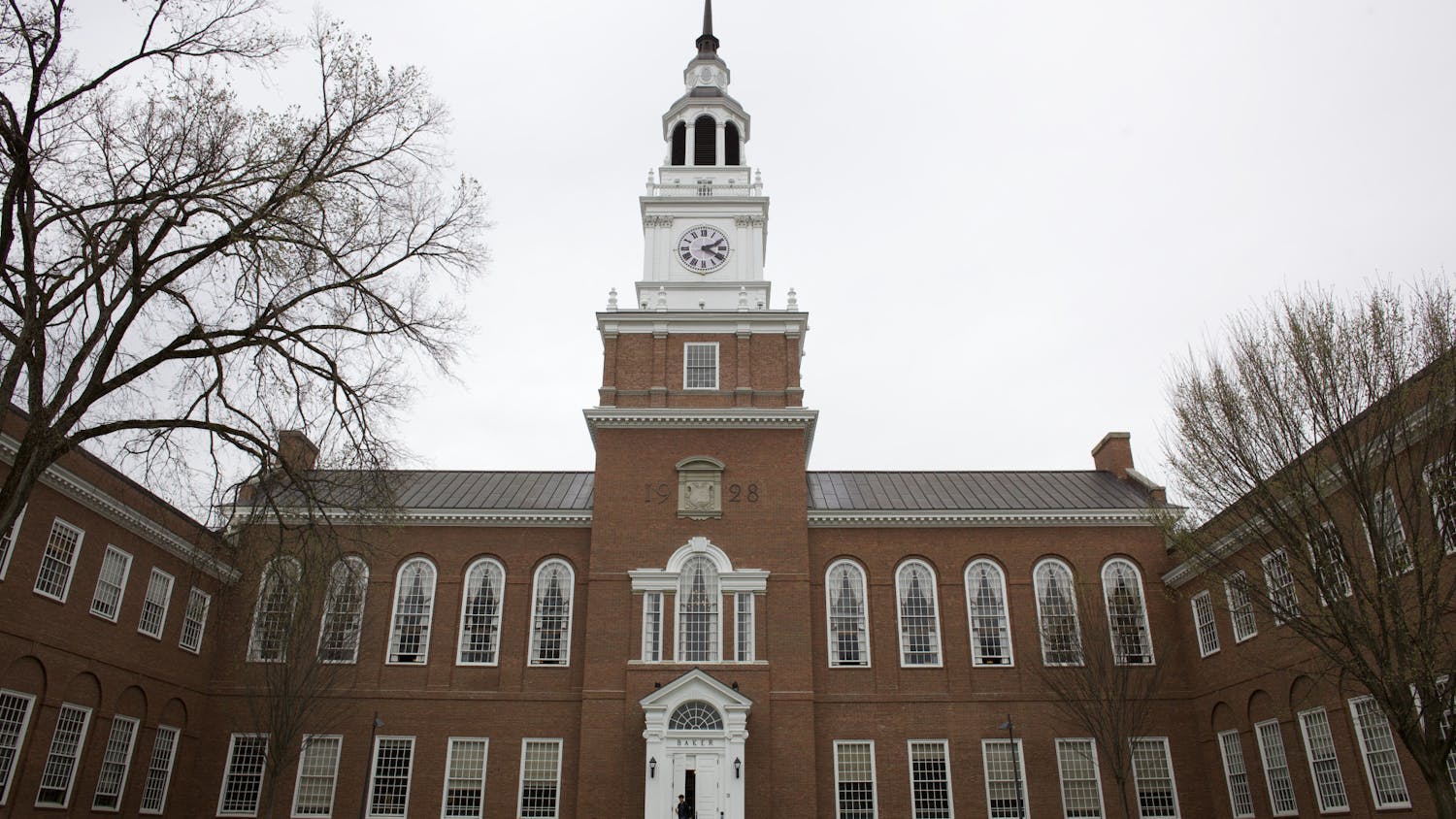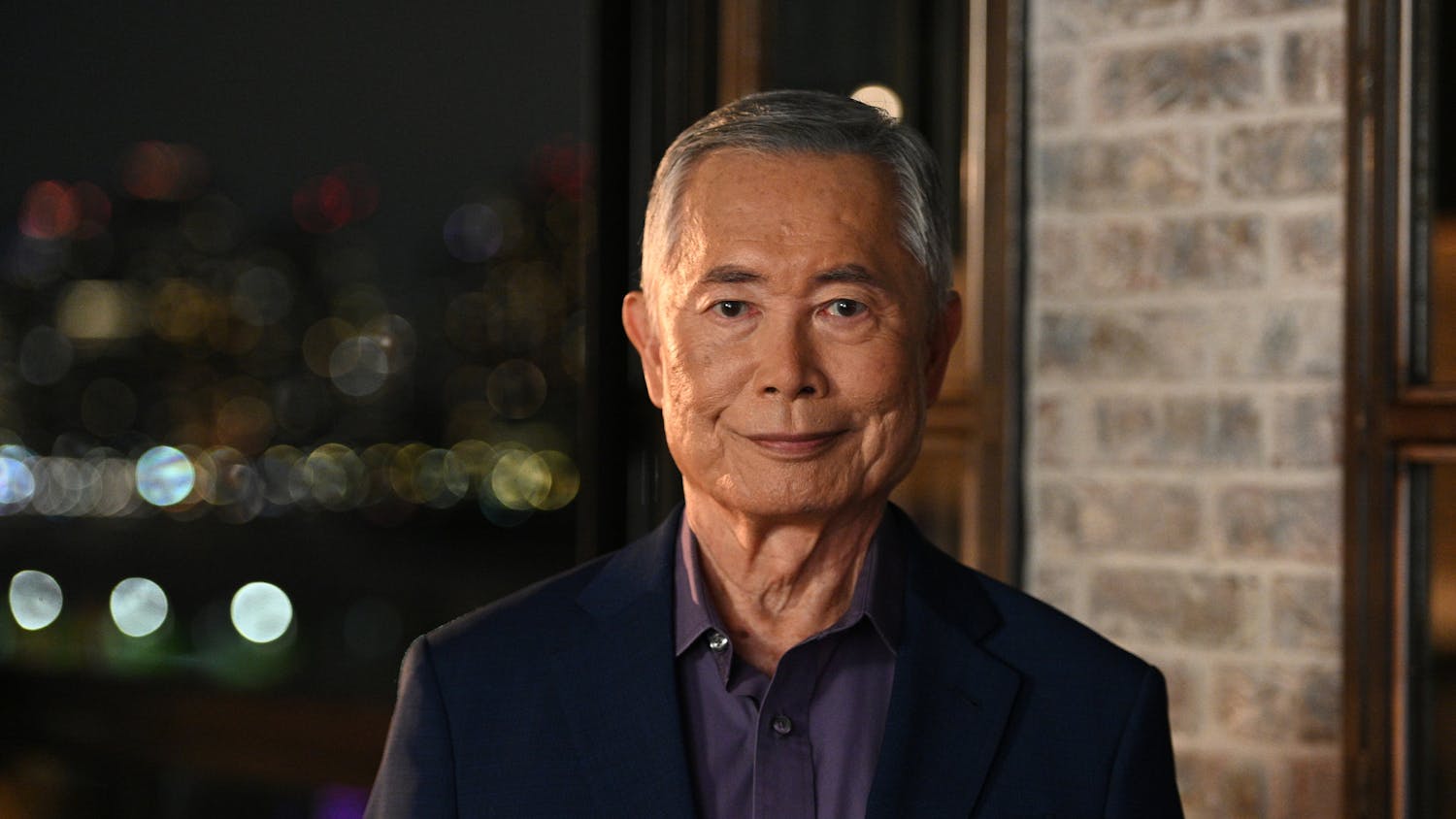Professor of business administration Daniel Feiler’s paper, “Good Choice, Bad Judgment: How Choice Under Uncertainty Generates Overoptimism,” will be published in Psychosocial Science later this fall. The paper, co-authored by University of Wisconsin-Madison business professor Jordan Tong and his doctoral student Anastasia Ivantsova, states that the more uncertain people are about the value of their options, the more likely they are to overestimate the benefits of the one they choose. Feiler, who specializes in behavioral science, managerial decision making, human resources and negotiations, discussed this behavior and its implications with The Dartmouth.
When did you begin working on, “Good Choice, Bad Judgment: How Choice Under Uncertainty Generates Overoptimism” and what inspired you to study this topic?
DF: A lot of times managers, leaders and decision makers get scolded for being overconfident about the courses of action they have chosen to take. Perhaps they are overly attached to a project they started, so they get accused of being self-protective or self-interested and inflating their beliefs about how good something is going to be. This might happen, for example, because they chose that course of action in the first place and they don’t want that choice to look bad. So, what we were thinking in our work is that there is a way to get behavior that looks like what I described, even when you don’t have that kind of motivated reasoning or self-interested belief formation taking place. What we show is that people tend to be naive about the structure of choice under uncertainty, and that just that naivety alone is enough to cause people to be overoptimistic about the courses of action you have chosen to take.
Would you say overoptimism is always detrimental?
DF: To be clear, we are not talking about life outlook. We’re talking about accuracy of expectations. How valuable do you think something is going to be? How well do you think a project is going to do? Those are important judgments because it not only has emotional consequences like disappointment, but it also affects downstream decisions. For example, the overoptimism we find evidence of will affect how many resources a manager pours into the initiative he or she has decided to launch. If you are deciding between different projects, are you dedicating all that time and energy into that one idea because you are expecting a certain level of return on that effort? Well, if you are better calibrated, maybe you would have allocated your resources, time and energy into different things.
In one study, you found that someone who hires a candidate among a large pool tends to overestimate that chosen candidate’s ability. Is this common in the workplace?
DF: I do think that evaluations of potential candidates for hire are really noisy and uncertain—for example, there’s lots of evidence that says interview processes are not very good at identifying true quality. But in general, you are doing the best you can to hire the highest caliber person, but your judgments are really noisy. How many holes is this candidate going to be able to fill in your organization? And how well are they going to fill those holes? You’re making judgments about these things and deciding which person to hire. At the heart of our paper is a really simple premise, which is that the more you overestimate an alternative, the more likely you are to choose it. If that is the case, then things you have chosen, on average, are overestimated. Let’s say we are choosing someone from a large set of similar candidates and we have noisy judgments about each. Then the one that we picked was the one we probably fell in love with, and consequently we have sky-high expectations for. But when we bring them in, they’re not delivering quite as much value as we expected.
After you realize that the candidate you hired does not live up to your expectations, would you make the same mistake again and overestimate another candidate’s abilities?
DF: It’s funny you said that. We found that people are not good at picking up on this problem. And part of it is because the feedback is really noisy. So, we’re not saying that you are always overestimating everything you choose. If you are calibrated, your expectations will be 50 percent of the time too high and 50 percent of the time too low. [But] we’re saying that, depending on the parameters, you’re going to be too high with your expectations about 65 or 60 percent of the time, instead of 50 percent of the time. You’re not getting beat over the head with high expectations. It’s more of a subtle thing…and we found that people have a very difficult time picking up on this. Also, research has found that people tend to really struggle with learning a lesson in one context, understanding the general principle in that lesson and then applying it in a different context. So it’s not surprising that people would continue to struggle with inflated expectations as they move through a variety of seemingly unrelated experiences. But certainly how to facilitate learning here is a good question for future work.
When is overoptimism most apparent? Is this behavior seen most in a business scenario?
DF: The phenomenon we examine is a bigger problem as the number of alternatives you are choosing between increases, and as the degree of noise in your judgments about how good each is going to be increases. The latter happens when you lack expertise or when the alternatives are just difficult to forecast. Those are the key moderators we look at and the conditions under which overoptimism is likely to be a bigger problem.
Can you can boil down the conclusion of this study into a couple statements?
DF: You should choose the alternative that you would think will be the best, and then you should curb your expectations for it. That’s the recipe for doing well and being calibrated.
This interview has been edited and condensed for clarity and length.



